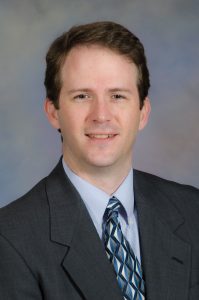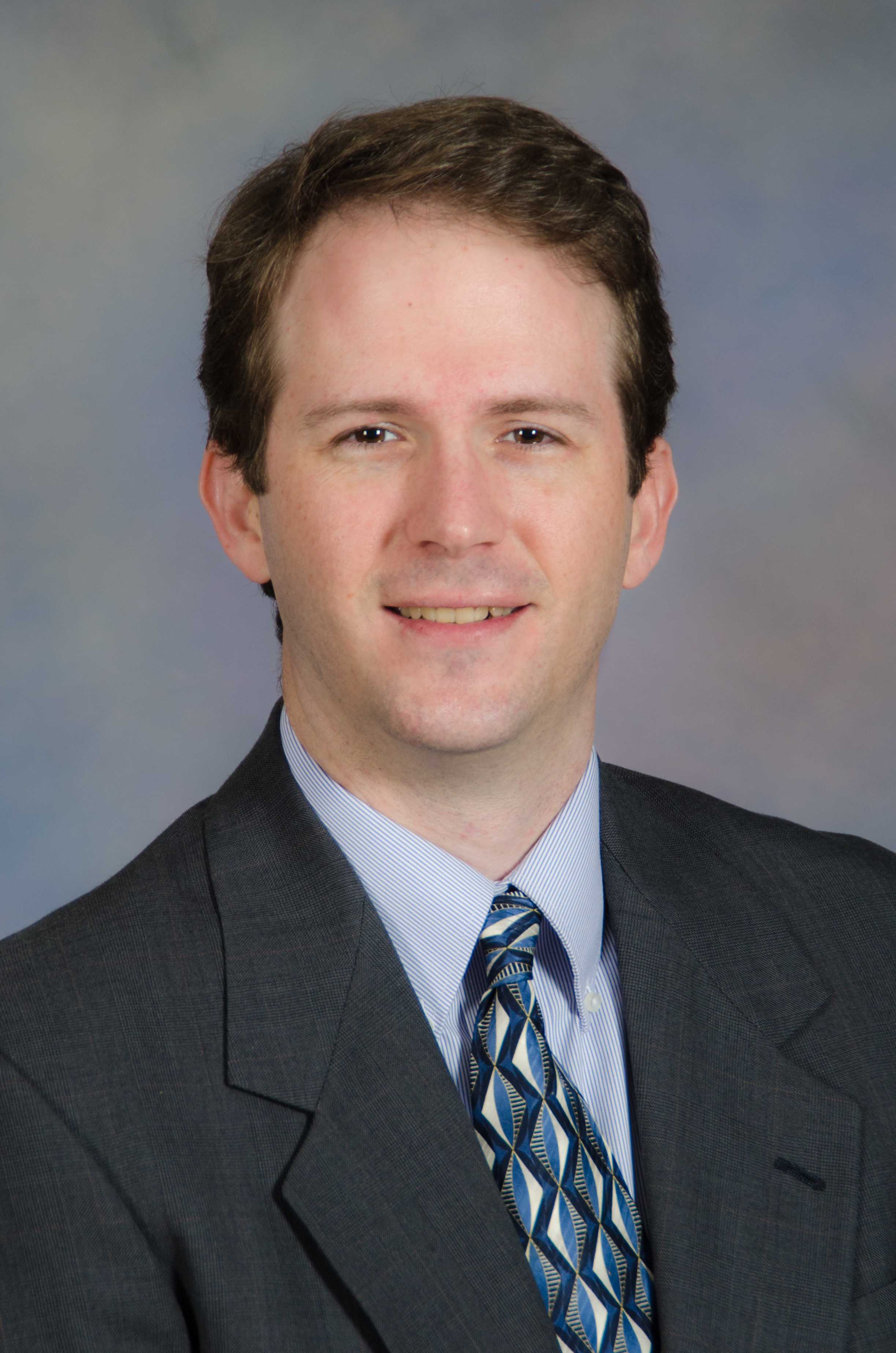
“Deeply Penetrating Radio, Large Wavelength Scattering, Ionospheric Electrodynamics, and Geospace”
Thursday, Aug. 29 @ 1:00pm
LAR 310
Abstract
The ionospheric radio lab investigates the global-scale propagation of radio waves, whether those waves travel around the world, into near-Earth space, or below the surface of the ocean. Our studies support important applications, such as providing GPS-quality location and timing information when GPS is not available. We investigate how radio waves penetrate and scatter from conducting materials in order to detect and track other objects. We also continually monitor the world around us in order to mitigate the destructive electrical effects produced during solar storms and other geophysical events. The lower ionosphere plays an integral role in all of these applications, and the fact that it is a nonlinear, dispersive, and time-varying medium significantly complicates its experimental characterization.
The ionospheric radio lab uses three types of radio wave sources for its investigations: man-made transmitters, lightning, and spinning magnets. We perform ionospheric heating experiments using the High-frequency Active Auroral Research Program (HAARP) transmitter at Gakona, Alaska, and at the Arecibo Observatory in Puerto Rico to experimentally quantify the nonlinear interactions that occur within the lower ionosphere using a controlled source. We have deployed radio receivers from Greenland to Antarctica in order to study the multitude of ionospheric phenomena produced by powerful lightning strikes and solar-related events. Furthermore, we have combined our experimentally-derived knowledge and understanding of radio wave propagation to address high-risk/high-reward applications, such as deeply penetrating radar and passive over-the-horizon target detection.
During this talk, I provide an overview of the nonlinear processes that produce these fantastic ionospheric phenomena, and I present our most recent experimental observations (applied and geophysical).
Biography
Robert Moore is currently an Associate Professor in the Department of Electrical and Computer Engineering at the University of Florida. He earned B.S., M.S., and Ph.D. degrees in electrical engineering from Stanford University. His research is experiment-based and focuses on nonlinear wave-medium interactions, global-scale electromagnetic wave propagation, and ionospheric remote sensing. He serves as the Chair of Commission H (Waves in Plasma) for the US National Committee of the International Union of Radio Science and as Chairman of the RF Ionospheric Interactions Workshop Steering Committee. He is an associate member of the NATO-sponsored Committee on Space Research (COSPAR), a senior member of IEEE, and a member of the Institiute of Navigation.

